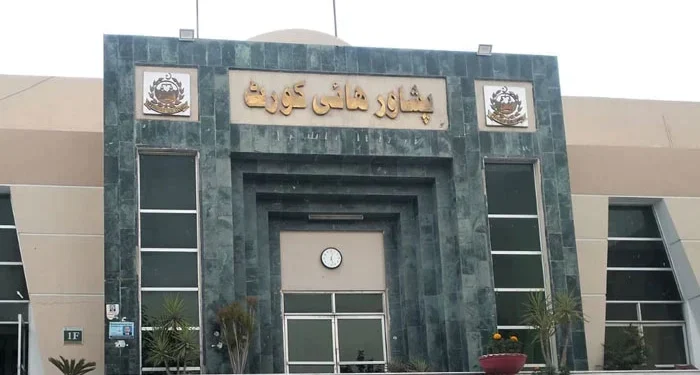The Khyber Pakhtunkhwa government on Monday asked the Supreme Court to withdraw the former caretaker provincial government’s appeal against the Supreme Court’s October 23 judgment that declared the military trial of civilians invalid.
Presenting the resolution passed by the provincial cabinet led by KP Chief Minister Ali Amin Gandapur, the government’s lawyer said the government wants to withdraw the internal appeal.
However, the Supreme Court insisted that the appeal against the Cabinet order cannot be returned and ordered the KP government’s counsel to file a formal request to withdraw the appeal.
In November last year, the caretaker government of KP, along with the federal and other provinces, filed an internal appeal against the October 23 Supreme Court verdict delivered by a five-judge bench.
In its ruling, the Supreme Court declared invalid the civilian trials in military courts in the May 9 riots triggered by the arrest of Pakistan Tehreek-e-Insaf (PTI) founder Imran Khan in a corruption case.
It also ruled that 103 persons and others who may be brought up in connection with the events of May 9 and 10 may be tried by criminal courts established under the general or special law of the country.
The PTI and others approached the Supreme Court against the military trials, arguing that they lacked transparency.
The KP government indicated its intention to withdraw the appeal when a six-member panel headed by Justice Aminuddin Khan took up the pleas today.
At the start of the hearing, counsel for former chief justice (retired) Jawad S Khawaja – one of the petitioners – raised objections to the bench overseeing the matter.
The lawyer said his client objected to the size of the bench, saying it should have been bigger.
The lawyer therefore asked for the formation of a nine-member bench. He said that the decision of this case should not be marred by the question of the composition of the panel and how the verdict could have been different if its proceedings were to be heard by a nine-member panel.
“It is a matter of public confidence in this institution. The court should ask the committee to form a nine-member panel,” the defense attorney said.
A lawyer for one of the petitioners, Khawaja Ahmed Hussain, who had also earlier sought the formation of a nine-member bench, shared his view on the formation of the bench and argued that it would be appropriate to refer the matter back to the judicial commission.
“Had the 9-member commission been formed earlier, it would not have been possible to hear the appeal today,” Justice Muhammad Ali Mazhar remarked on his request.
“The five-member panel of the Supreme Court unanimously declared the trial invalid,” the lawyer said, adding.
He added that the verdict of the ongoing meeting will become controversial if the two- to four-member commission declares it invalid.
“For public confidence in justice, it is important that the decision is not controversial,” he said.
Meanwhile, former Chief Justice Khawaja’s lawyer also told the court that the families of at least 103 accused – who remain in custody – want to join the trial.
“The court should allow the family to watch the proceedings.”
Justice Khan asked where these families will sit as the courtroom is full during the hearing.
“There is no objection to the court for them. Let’s look at their case,” remarked the judge of the ÚS.
Meanwhile, the plaintiffs in the case also objected to the hiring of private lawyers.
Lawyer Faisal Siddiqui said Attorney General for Pakistan Mansoor Usman Awan filed five appeals on behalf of government institutions, while some ministries hired private lawyers.
Questioning the government’s decision in this regard, Siddiqui said that the AGP had filed these appeals himself, so why should public money be spent on private lawyers.
The court, on the other hand, directed the AGP to share details regarding the cases of civilians in custody. “Out of 103 people, how many people are acquitted and how many people are innocent?” the court asked the AGP.
Justice Khan asked Awan whether any of the accused had been released or could be released.
Reacting to the SC judge, the AGP said, “The trial has been completed but the judgments are yet to be announced.”
“You said some cases are acquittals and some have completed their sentences,” Justice Khan remarked to Awan.
The AGP responded by saying that there were some accused whose period of arrest would be taken into account in the sentence and the acquittal could not be done because of the Supreme Court’s order.
Lawyer Salman Akram Raja, who was also present at the hearing, argued that there was no court order for acquittal.
“Permission should be given to announce the verdicts of the accused who may be acquitted,” Raja requested.
Justice Khan therefore noted that the rest’s legal battle will continue but those who can be exonerated should be freed.





















